Indigenous Governance Database
traditional governance systems
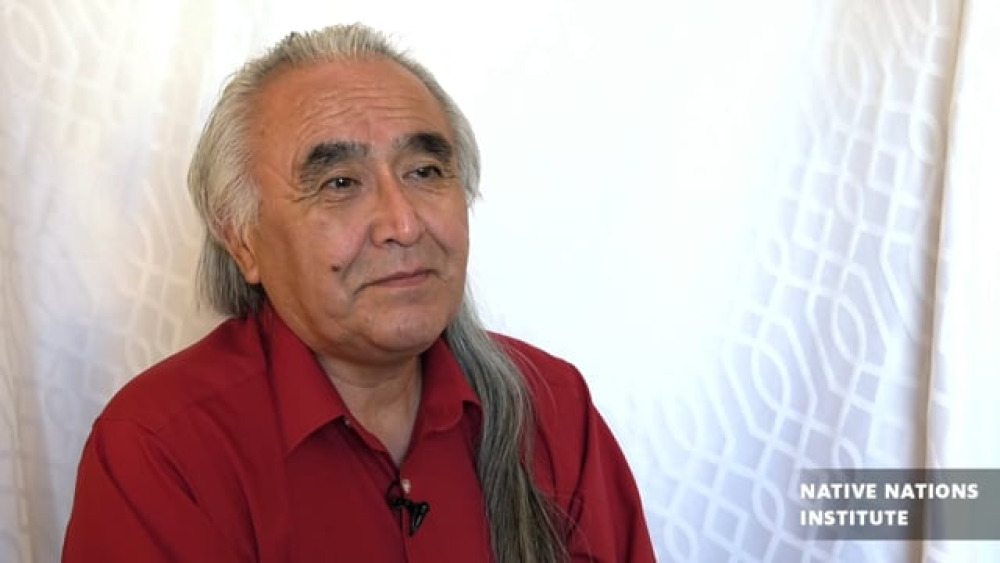
Jerry Isaac: Native Leader Experiences in Alaska
Jerry Isaac has been on the forefront of shaping indigenous governance in Alaska as former President of Tanana Chiefs Conference, former Chief for the Native Village of Tanacross, and a Board Member of Doyon Limited. He offers his perspectives about being a good leader and the…
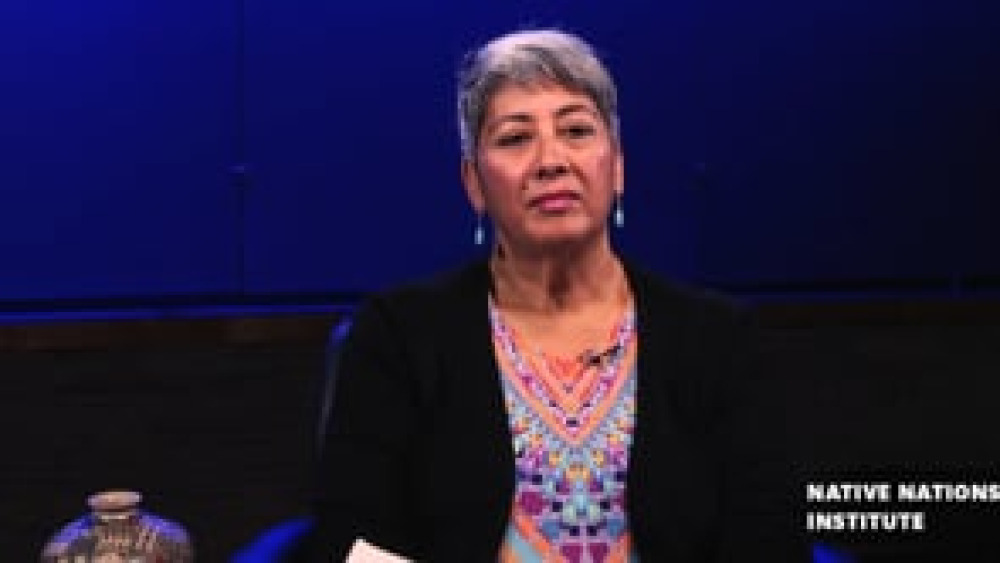
Sharon Toi: Honoring Maori Traditions and Governance
Sharon Toi is Ngāpuhi Māori and a 2014 recipient of a Fulbright Visiting Scholar-Ngā Pae o Te Māramatanga Graduate Award that funded her residency at the Indigenous Peoples Law and Policy Program housed within the University of Arizona’s College of Law. Sharon shares her extensive knowledge…
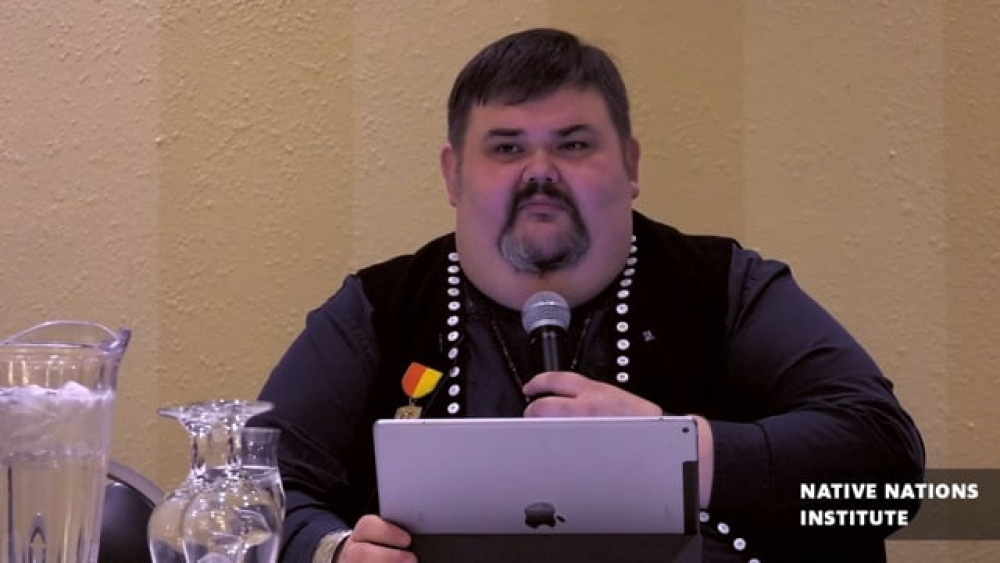
Richard Peterson: Leading in the Traditional Way Alaska Tribal Government Symposium
President, Central Council of the Tlingit and Haida Indian Tribes of Alaska Richard (Chalyee Eesh) Peterson is Tlingit from Kaagwaantaan clan. He gives his prespective on the ways tribal governement makes a presence in Alaska and the intergrating traditional knowledge and culture into tribal…
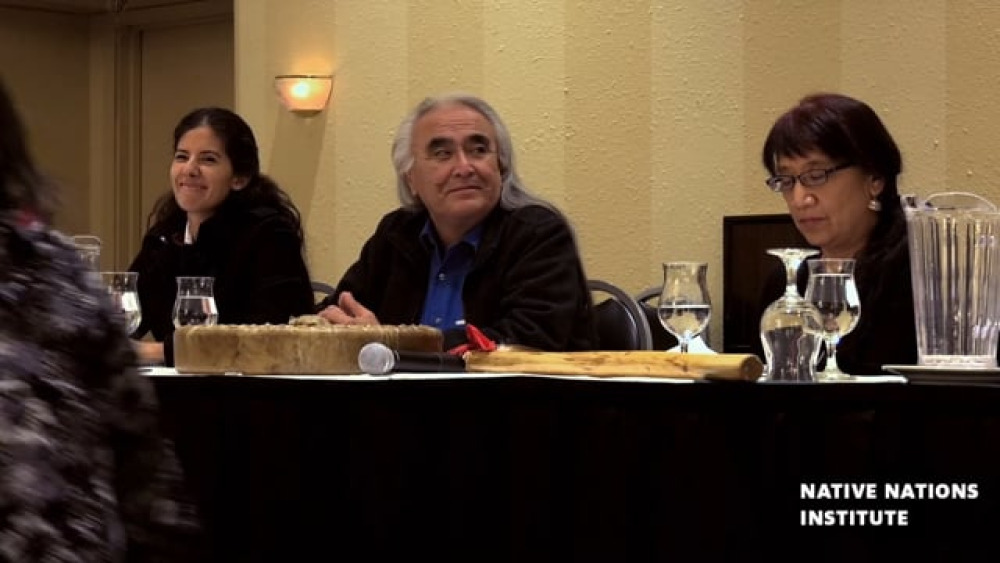
Governance and Wellness Roundtable - Alaska Tribal Government Symposium
This discussion at the Alaska Tribal Government Symposium emphasizes the connections between Indigenous self-government and wellness. Western methodologies are eager to emphasize the gaps in wellness (social, economic, and medical and mental health outcomes) between natives and non-natives.…
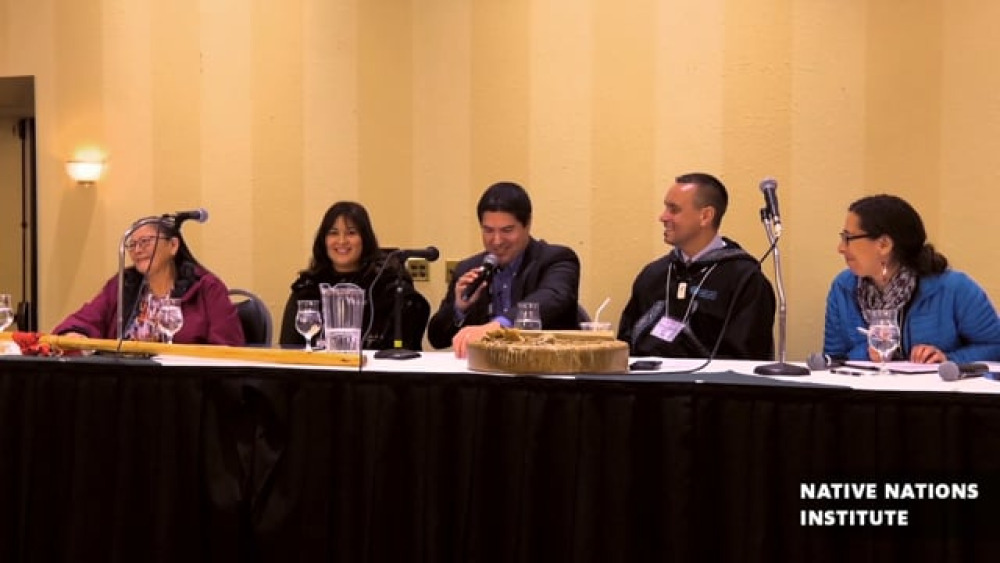
Indigenous Leadership Panel
What is going on in Alaska that exemplifies the success of Indigenous leaders? What are some Alaska tribes’ successful efforts to strengthen their governments and governance? Panelists share stories of success at asserting self-determination, building native governing institutions, reflecting…
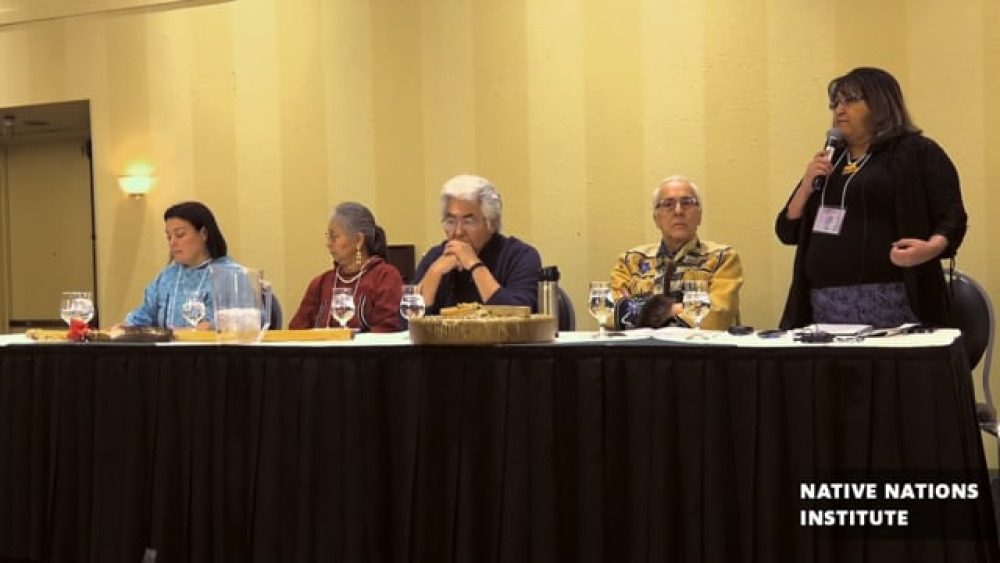
Roundtable: Traditional and Modern Governance and Decision Making in Alaska
A panel discussion with Native leaders in Alaska about the significance of tradition and culture that has influenced their Indigenous governance.
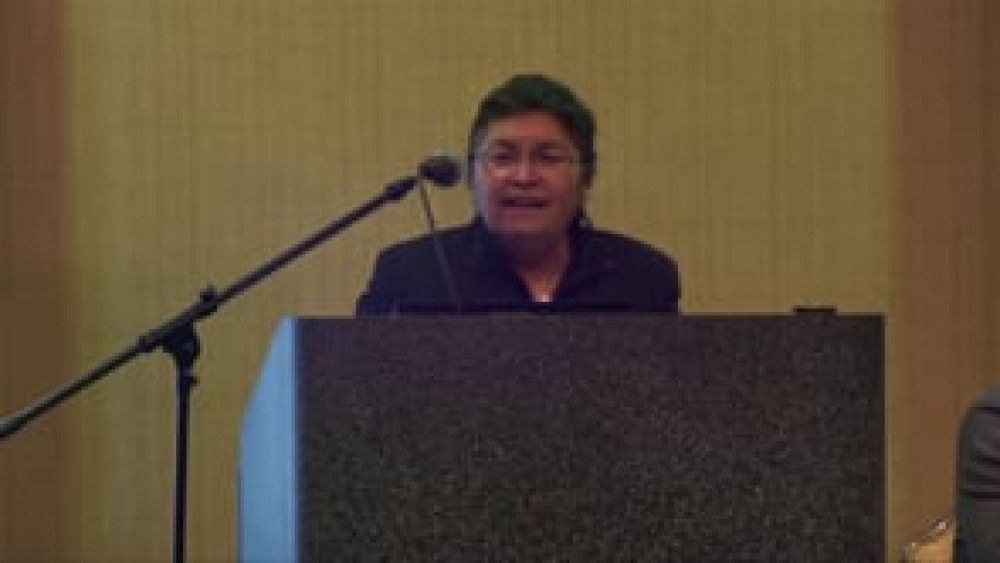
Sharon Day: Disenrollment: Contemplating A More Inclusive Approach
Sharon Day (Bois Forte Band of Chippewa) makes a compelling case for Native nations to abandon externally imposed criteria for citizenship that continue to cause internal divisions within Native nations and communities and instead return to Indigenous cultural values and teachings predicated on…
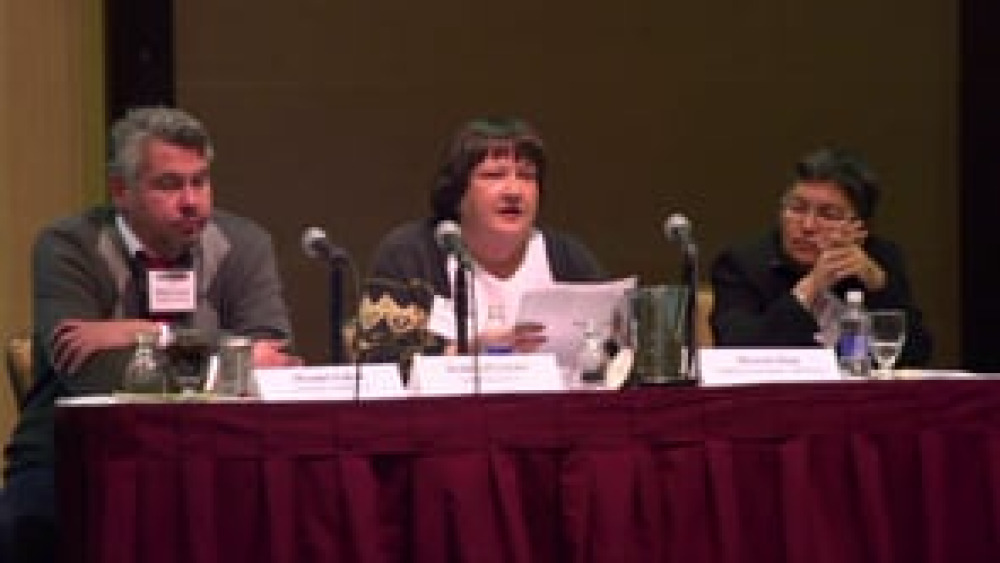
Deborah Locke: Disenrollment: My Personal Story
Deborah Locke, adopted by a Fond du Lac Band of Lake Superior Chippewa couple when she was a small child, shares her heartbreaking story of how she and her adopted siblings were disenrolled by the Band decades later because they were not the biological descendants of Fond du Lac Band members and…
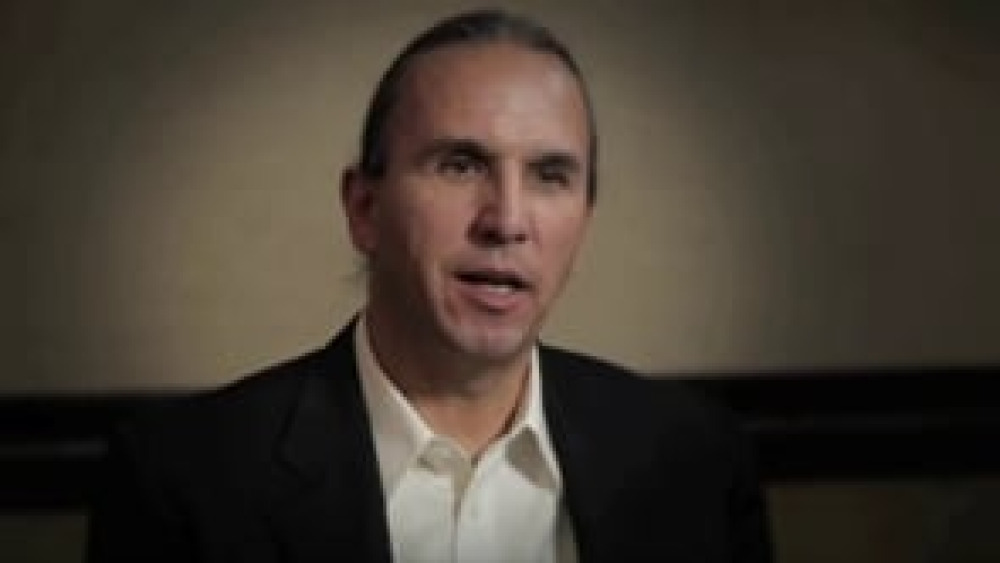
Terry Janis: The White Earth Nation Constitutional Reform Process
In this lively and far-reaching discussion with NNI's Ian Record, Terry Janis (Oglala Lakota), former project manager of the White Earth Nation Constitution Reform Project, provides an overview of the citizen education and engagement campaign that preceded White Earth's historic vote to ratify a…
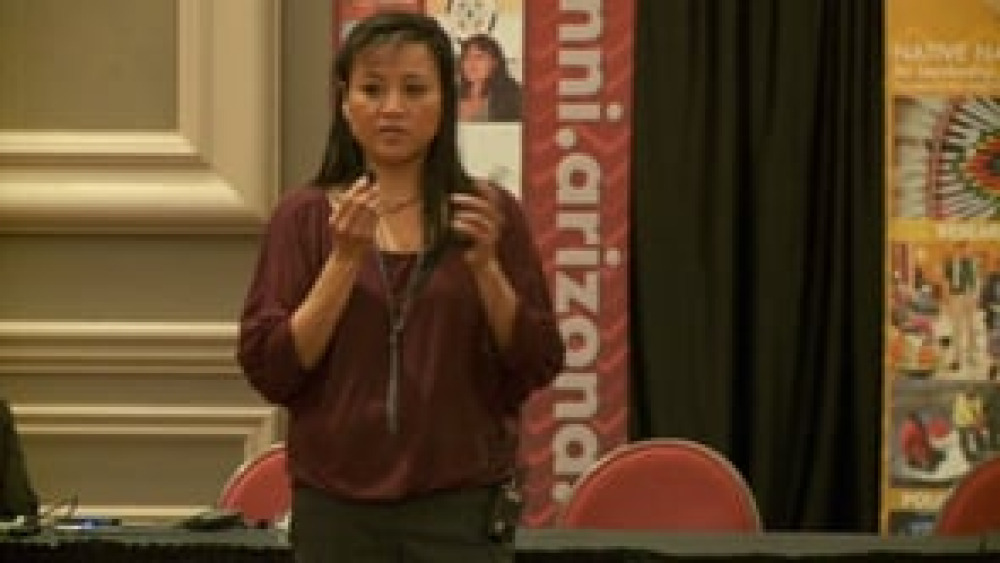
Jennifer Porter: The Kootenai Tribe: Strengthening the People's Voice in Government Through Constitutional Change
Jennifer Porter, former chairwoman and current vice-chairwoman of the Kootenai Tribe of Idaho, discusses how her nation moved to amend it constitution to change its basis of political representation, how the U.S. Secretary of Interior and the Bureau of Indian Affairs (BIA) tried to block the move,…
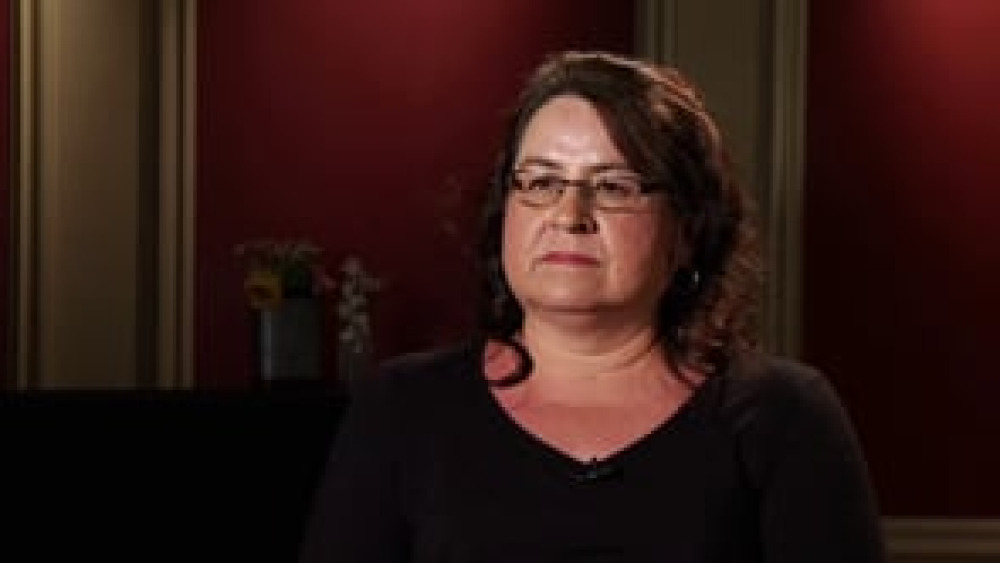
Brenda Child: The Red Lake Nation: Laying a Solid Foundation for Constitutional Reform
In this informative interview with NNI's Ian Record, Brenda Child, a member of the Red Lake Constitution Reform Initiative Committee, discusses how the Committee has worked methodically to set in place a solid foundation upon which to engage Red Lake citizens about the Red Lake constitution and…
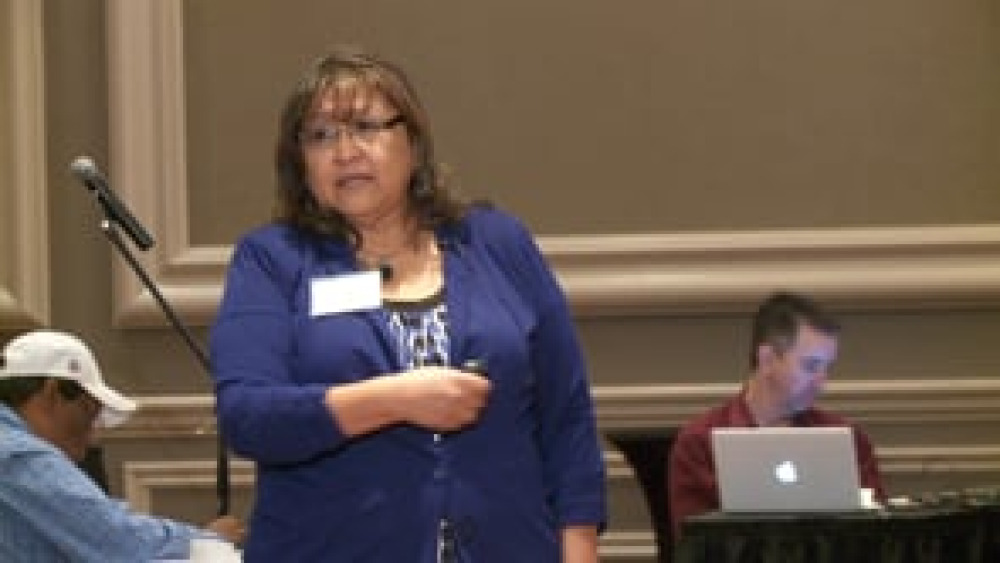
Joan Timeche: The Hopi Tribe: Wrestling with the IRA System of Governance (Presentation Highlight)
In this highlight from the presentation "Defining Constitutions and the Movement to Remake Them," Joan Timeche (Hopi) discusses how the Hopi Tribe continues to wrestle with an Indian Reorganization Act constitution and system of governance that runs counter to its traditional, village-based system…
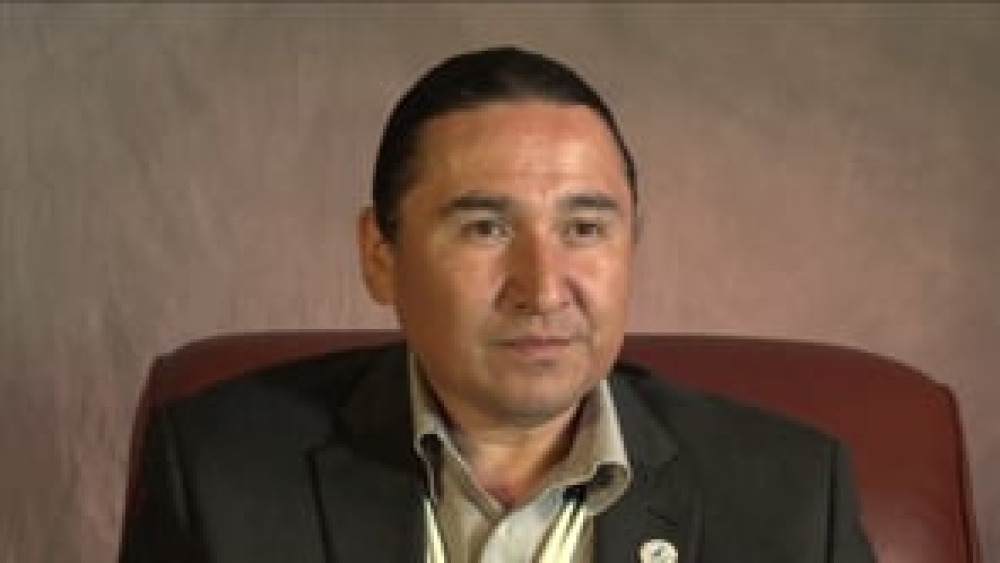
Floyd "Buck" Jourdain: Constitutional Reform and Leadership at the Red Lake Nation
Floyd "Buck" Jourdain, Chairman of the Red Lake Nation from 2004 to 2014, discusses his nation's constitutional reform effort and the supporting role he played in helping to get the effort off of the ground. He also talks about how comprehensive constitutional reform will empower his nation's…
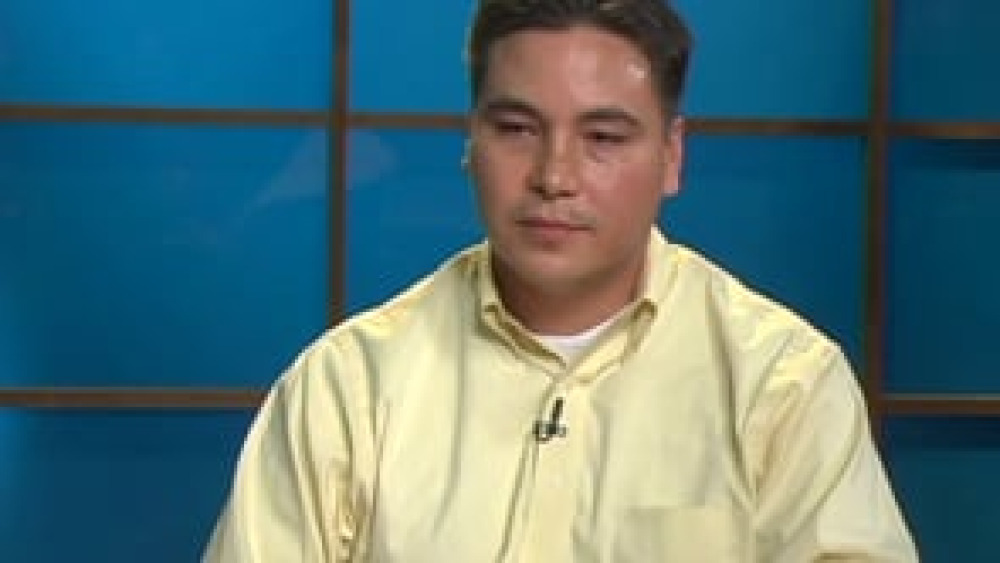
Donald "Del" Laverdure: Nation Rebuilding through Constitutional Reform at Crow
In this in-depth interview with NNI's Ian Record, Donald “Del” Laverdure, a citizen of the Apsáalooke Nation (Crow Tribe) and former Chief Justice of the Crow Tribe Court of Appeals, discusses his nation's monumental effort to discard a constitution and system of governance that were not…
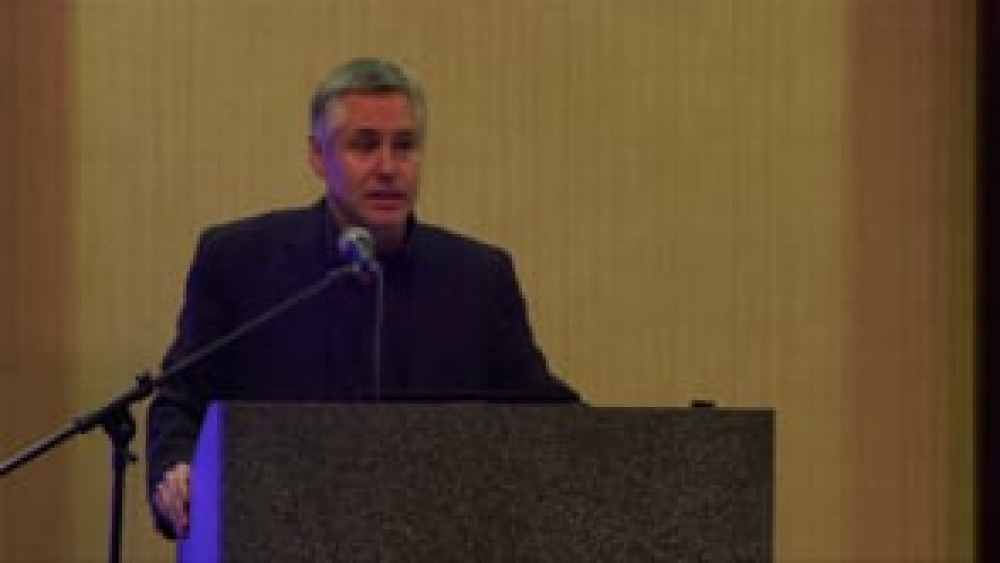
John Borrows and Stephen Cornell: Citizenship: Culture, Language and Law (Q&A)
Professors John Borrows and Stephen Cornell field questions from conference participants about a number of topics surrounding Indigenous notions of citizenship and membership. In addition, some participants provide brief commentaries about how their particular Native nations are wrestling with this…
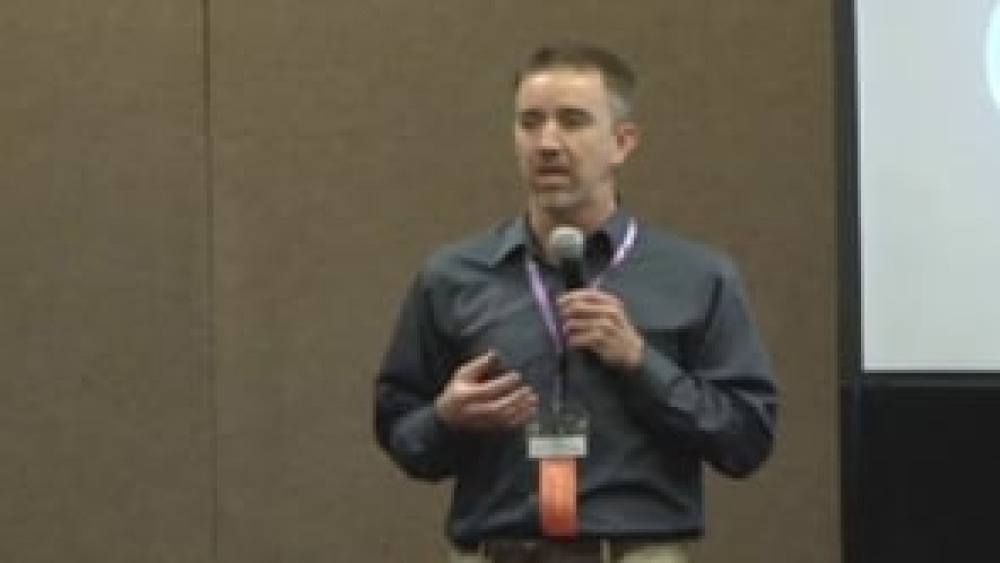
Ian Record: Citizen Engagement: The Key to Establishing and Sustaining Good Governance
For Native nations, establishing and sustaining the good governance necessary to determine and then achieve their strategic priorities hinges on citizen engagement: the ability of a nation and its government to consult and educate its citizens about the major decisions it makes and implements in…
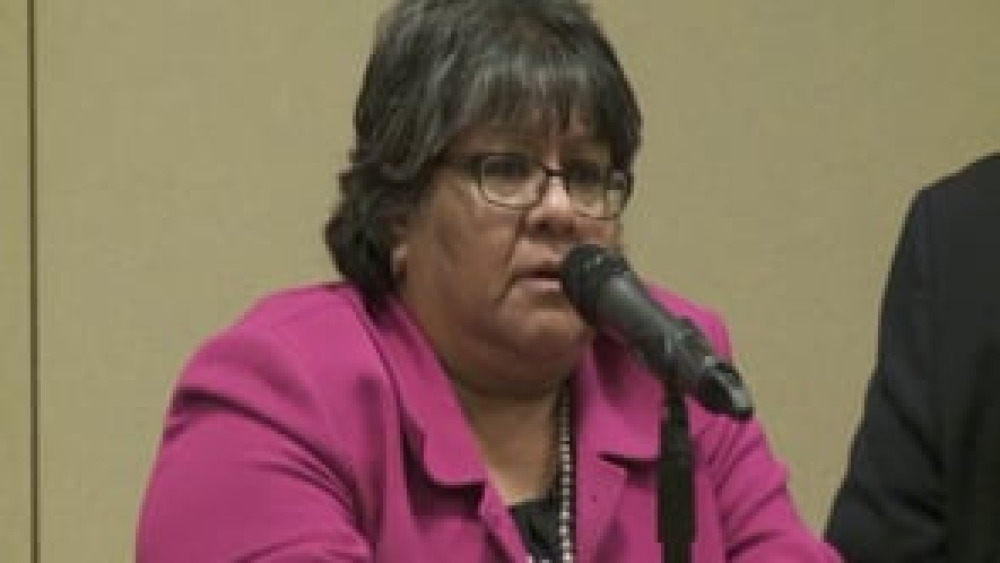
Luann Leonard, Stephen Roe Lewis and Walter Phelps: Bridging the Gap: How Native Culture Forges Native Leaders
Luann Leonard (Hopi), Stephen Roe Lewis (Gila River Indian Community), and Walter Phelps (Navajo) discuss how their personal approaches to leadership have been and continue to be informed by their Native nations' distinct cultures and core values and those keepers of the culture in their…
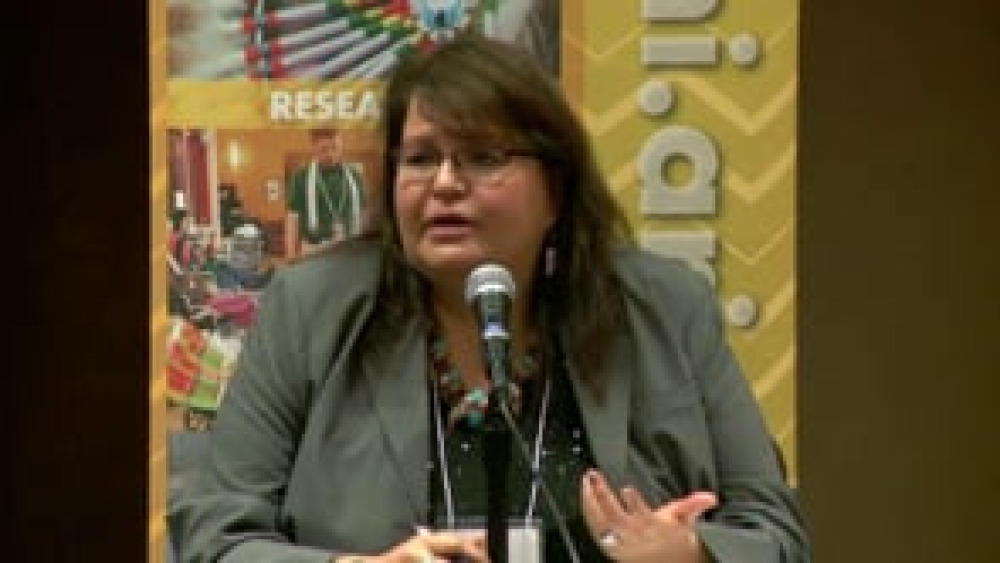
Eldena Bear Don't Walk: So What's So Important about Tribal Courts?
Eldena Bear Don't Walk, Chief Justice of the Confederated Salish and Kootenai Tribes, discusses some of the things that tribal justice systems need to have in place in order to be effective, and how important it is for Native nation governments and citizens to respect and support the decisions…
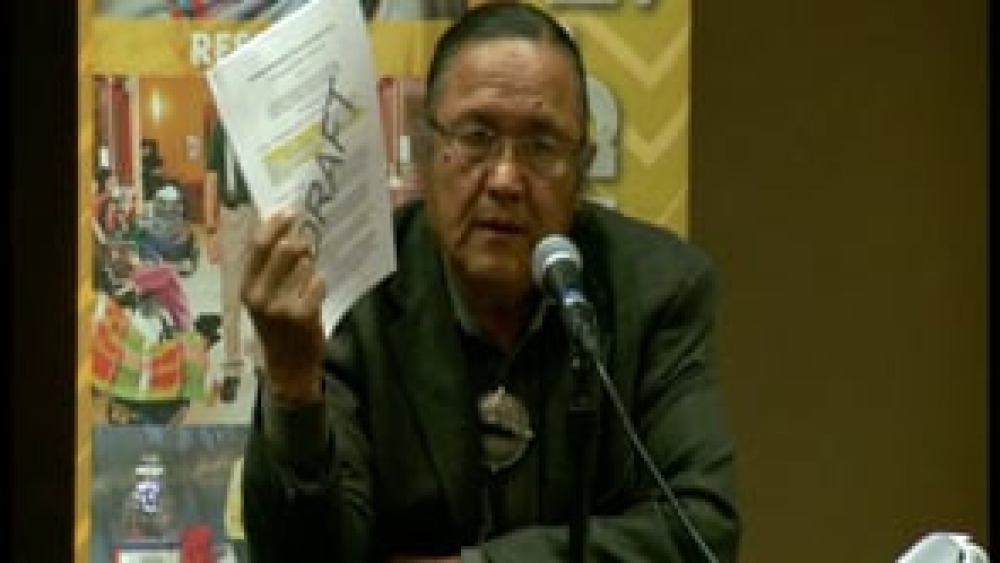
Robert Yazzie: Traditional Principles of Leadership
Former Chief Justice Robert Yazzie of the Navajo Nation Supreme Court provides an overview of the traditional Diné governance system and specifically the leadership principles that Diné leaders relied upon to make sound, informed, strategic decisions in consultation with and on behalf of…
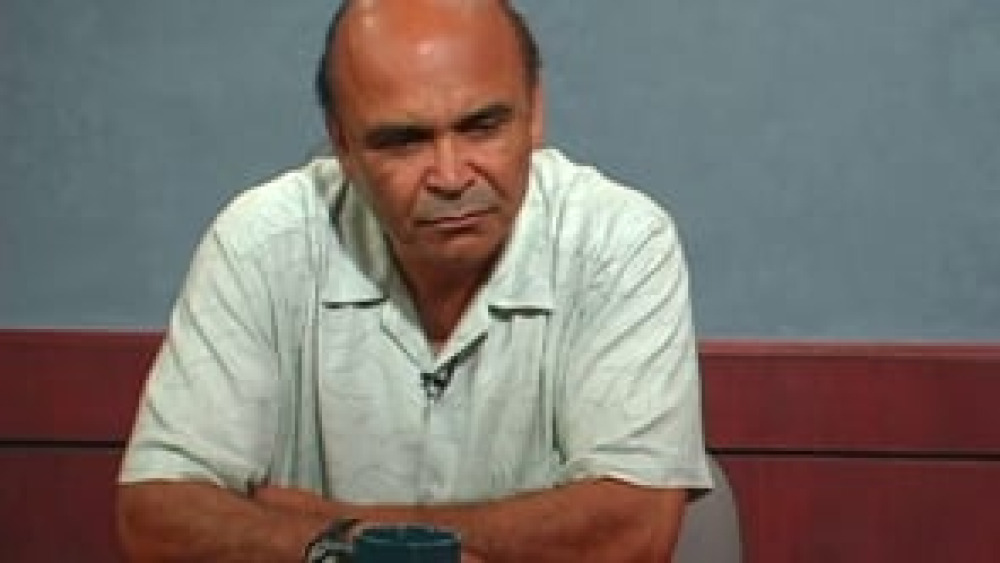
David Wilkins: Indigenous Governance Systems: Diversity, Colonization, Adaptation, and Resurgence
In this in-depth interview with NNI's Ian Record, federal Indian law and policy scholar David Wilkins discusses the incredible diversity and sophistication of traditional Indigenous governance systems, the profound impacts colonial policies had on those systems, and how Native nations are working…
